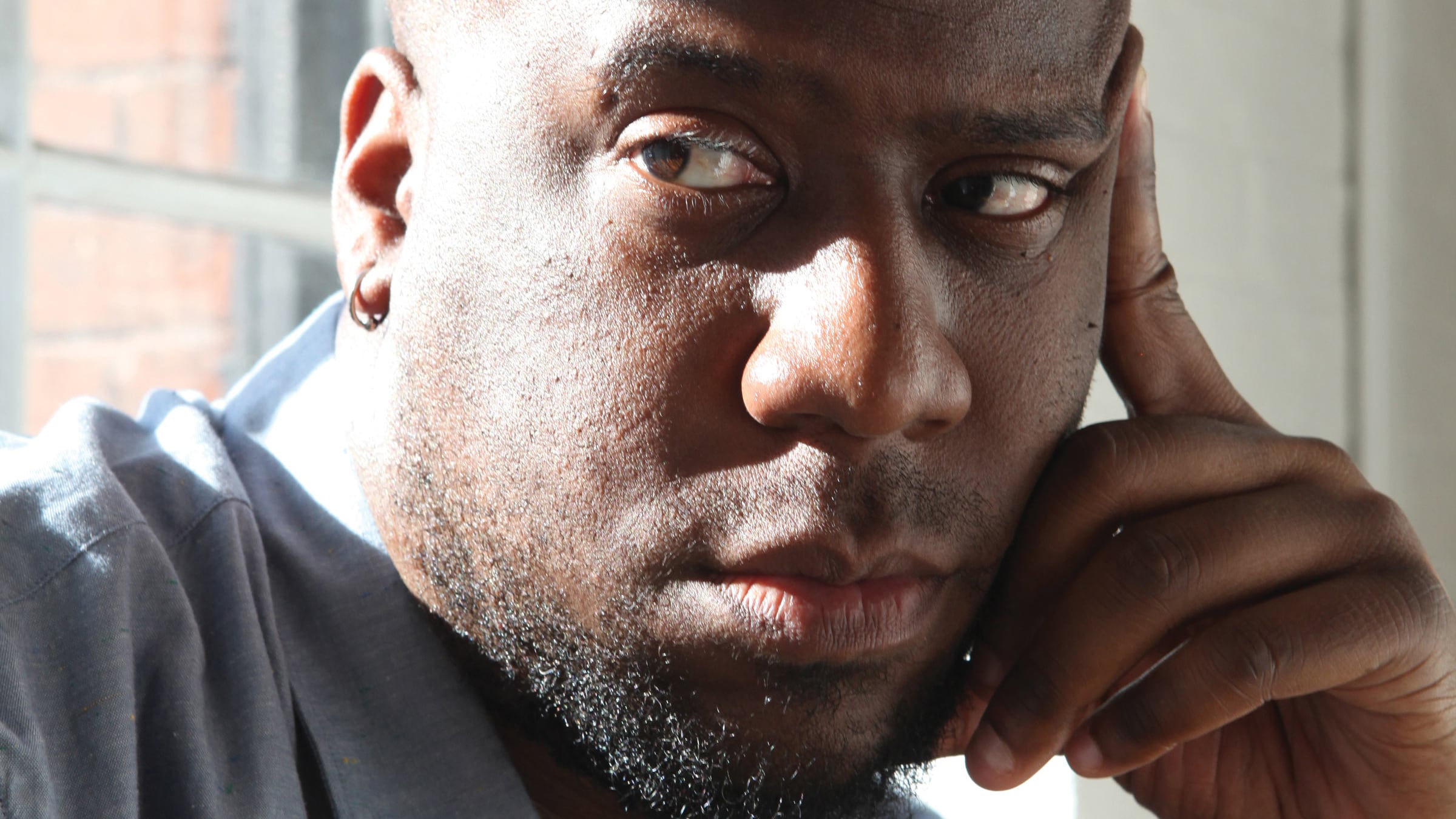Robert Glasper is the most important musician who doesn't have to hide in public.
A two-time Grammy winner, the keyboardist has spent the past two decades performing with and composing for a who's-who of jazz, soul and hip-hop artists. But he's never really focused on grabbing the limelight for himself.
Instead, the 38-year-old has taken what began as separate, simultaneous careers in the upper echelons of New York jazz and neo-soul and joined them at the seams, becoming one of the unsung architects of modern black American music while maintaining an impressive amount of anonymity.
"Things really happened simultaneously for me," he writes via email. "When I first got to NYC, I met [R&B singer] Bilal and we started playing hip-hop and soul, and I was thrust into the hip-hop/soul scene immediately, while at the same time touring with the likes of Roy Hargrove, Christian McBride and many other great jazz musicians."
In helping bridge the gap between jazz and other contemporary styles, Glasper has emerged as one of the most important architects of the modern soundsphere. The popularity of record labels like Flying Lotus' Brainfeeder, and of artists like Kendrick Lamar and Chance the Rapper, was built on a sound Glasper helped pioneer in the past 20 years.
His eclectic musical personality was shaped from an early age. A Houston native, he began playing piano under the direction of his mother, who was a jazz and blues singer as well as a gospel music director. Eventually, Glasper landed a spot at the prestigious High School for the Performing and Visual Arts—the same institution that nurtured a young Beyoncé—where he regularly performed with some of the brightest young talents in America.
"Myself and a lot of the students at the school played in church together, so we brought a lot of our jazz influence in and out of the church at an early age," he writes. "So mixing genres was something we were always doing."
But his career didn't always exist at a sonic crossroads. For a long time, Glasper hid his multi-genre musical ties in plain sight. The jazz world knew him when he signed with Blue Note Records at age 26 and impressed critics as a light-fingered composer of contemporary swing music with a colorful gospel influences. The hip-hop and soul worlds noticed his name in the liner notes to their favorite records, that early work with Bilal having melded into performances and production credits with icons like Mos Def, J Dilla, Erykah Badu, Kanye West, Jay Z and many others.
In 2012, the Robert Glasper Experiment—an electric quartet of like-minded heavyweights—released Black Radio, a Grammy-winning masterwork that elevated Glasper to his first notoriety outside the jazz world. Black Radio places the vocals of Bilal, Badu and others atop the quartet's powerhouse instrumentalists. It's a dense and razor-sharp blend of jazz, soul and hip-hop melodies and grooves that laid the foundation for much of the jazz-influenced rap that's become popular.
Glasper's latest album, ArtScience, is the pinnacle of his cross-genre approach, tastefully blending heady modern jazz and slurry hip-hop beats with elements of virtually every subgenre of black American music to hit speakers since the dawn of the gramophone. As he declares through vocal effects on the album's lead track, "This Is Not Fear": "The reality is, my people have given the world so many different styles of music. So why would I confine myself to one?"
ArtScience delivers on his mission statement. Rhythms, scales and tones are borrowed from various subgenres, where Glasper assembles them into new and interesting shapes. Songs like "Day to Day" sound as though early-'80s Michael Jackson got really into funk-era Herbie Hancock, while choppy electric jazz like the track "In My Mind" could be lifted for the next Kendrick Lamar album.
While he's steadily becoming more widely known as an artist in his own right, Glasper remains among the most sought-after collaborators for high-level stars. He is featured prominently on Maxwell's 2016 tour de force BlackSUMMERS'night, and is listed as a co-producer of Common's recent album, Black America Again. When Don Cheadle needed somebody to reimagine the music of Miles Davis for the 2015 biopic Miles Ahead, and when Anderson Paak needed some keys on this year's acclaimed Malibu, Glasper got the call.
Asked how it feels to be at the forefront of such an important and difficult-to-classify musical space, Glasper is honest but unpretentious.
"I feel like there is always a trailblazer for everything, and we (my band and myself) are the trailblazers for this particular movement," he writes. "I'm happy to see people catching on."
SEE IT: The Robert Glasper Experiment plays Revolution Hall, 1300 SE Stark St., on Tuesday, Dec. 13. 9 pm. $25. Under 21 permitted with legal guardian.
